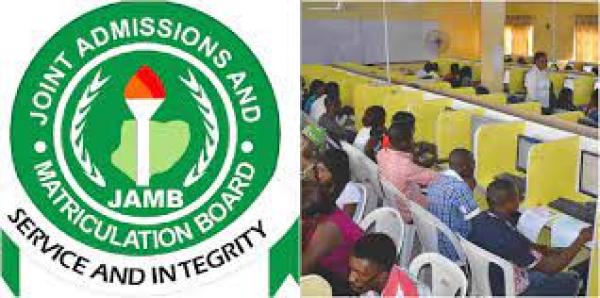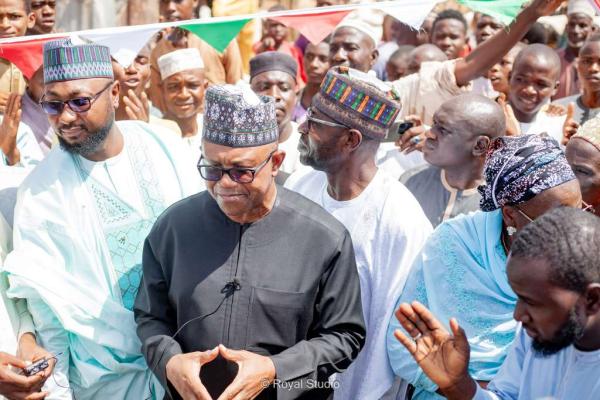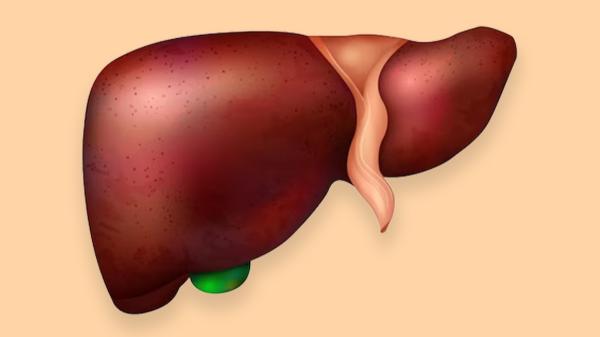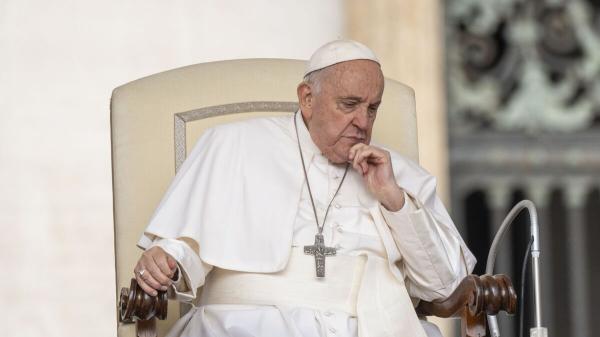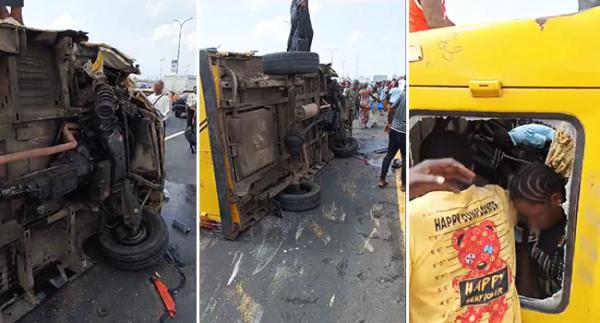
Boris Johnson has met Labour leader Jeremy Corbyn amid uncertainty over what happens next with Brexit.
The meeting comes after MPs rejected the PM';s plan to fast-track a bill to implement his deal through Parliament.
During PMQs, Mr Johnson said MPs had "willed the end but not the means" and it was now the EU';s decision whether to grant an extension beyond 31 October.
Mr Corbyn told the Commons MPs must "have the necessary time to improve on this worse-than-terrible treaty".
The BBC';s political editor Laura Kuenssberg says she understands nothing was agreed at the meeting on Wednesday morning.
Labour was keen to discuss a different timetable for the Brexit bill, while the PM wanted to know what Mr Corbyn would do if the EU refused to grant an extension, she added.
A Labour Party spokesperson said: "Jeremy Corbyn reiterated Labour';s offer to the prime minister to agree a reasonable timetable to debate, scrutinise and amend the Withdrawal Agreement Bill, and restated that Labour will support a general election when the threat of a no-deal crash-out is off the table."
';Reasonable timetable';
The PM said he would pause the progress of the bill after MPs rejected a plan to pass it in just three days.
After that defeat, Mr Corbyn said his party was prepared to work with the government to agree "a reasonable timetable" to scrutinise the Brexit legislation properly.
Meanwhile, EU leaders are considering whether to grant a delay to the Brexit deadline and what length it should be.
Mr Johnson was forced by law to send a letter to Brussels requesting a three-month extension, and No 10 had indicated he would push for a general election if the EU agreed.
At Prime Minister';s Questions, Mr Johnson said it was "remarkable" that MPs backed the Withdrawal Agreement Bill (WAB) on its first hurdle through the Commons, but a "great shame" the House did not back the timetable for it.
And he said it was "peculiar" that Mr Corbyn appeared to want him to bring back the bill when Labour MPs were told to vote against it on Tuesday.
In reply, the Labour leader said it was Mr Johnson who had "decided to delay his own withdrawal bill" when he made the decision to pause it.
He listed a number of concerns his party had with it, arguing the deal "creates a very real border down the Irish Sea", and raised serious issues around workers'; rights.
Mr Corbyn also accused Mr Johnson of trying "to prevent genuine democratic scrutiny and debate" on the deal with the attempt to fast-track the legislation through Parliament.
"Does the prime minister accept that Parliament should have the necessary time to improve on this worse-than-terrible treaty?" he asked.
Mr Johnson replied that the UK was "preserved whole and entire by these arrangements" and repeatedly insisted the deal was "approved by Parliament" on Tuesday night.
';Complete the task';
Tuesday';s vote on the bill - so-called "second reading" - was only the first stage of Parliamentary scrutiny.
Detailed dissection by MPs at the committee stage would come next - along with attempts to amend the bill - followed by further votes in the House. If it was eventually approved by the Commons a similar process of scrutiny would be carried out by peers in the Lords.
Former Tory MP Ken Clarke asked Mr Johnson whether he was about to table "a reasonable timetable motion" so MPs can "complete the task of finalising the details of the withdrawal bill".
In reply, the PM said: "I don';t think the people of this country want a delay, I don';t want a delay, I intend to press on but I';m afraid we now have to see what our EU friends will decide on our behalf that is the result of the decision that he [Mr Corbyn] took last night," he said.
The SNP has indicated it wants an extension to allow for a general election, while the Liberal Democrats say the PM needs to get an extension to allow a further referendum. Both parties would rather the UK revoked Article 50 and stopped the Brexit process.
SNP Westminster leader Ian Blackford said the first ministers of Scotland and Wales, Nicola Sturgeon and Mark Drakeford, "joined forces to oppose this Tory government';s damaging Brexit bill".
He urged the prime minister to confirm that the legislation will not be passed unless consent was given by the Scottish Parliament.
But Mr Johnson said the Scottish Parliament had no role in approving the Brexit bill and suggested Mr Blackford "have a word with other opposition parties" to trigger a general election "to settle the matter".
In a statement responding to Mr Johnson';s and Mr Corbyn';s earlier meeting, Ms Swinson said it was "more clear proof" that the Labour leader wanted to deliver Brexit, after 19 Labour MPs supported the bill';s second reading.
"It seems that Jeremy Corbyn has thrown Boris Johnson another lifeline this morning, as six white men met to discuss pushing through a Brexit deal which will wreck our country," she said.
General election
Taoiseach (Irish prime minister) Leo Varadkar has confirmed he supports the proposal to grant the UK';s request.
However, Mr Johnson cannot simply call one, as prime ministers did before the passage of the 2011 Fixed-term Parliaments Act.
Under that act, he would need the backing of Parliament, and opposition MPs have previously ruled out holding one until the possibility of a no-deal Brexit on 31 October was ruled out altogether.
Some Conservative MPs say the government should take the Labour Party up on its offer to come up with a timetable for the WAB that satisfies all sides.












